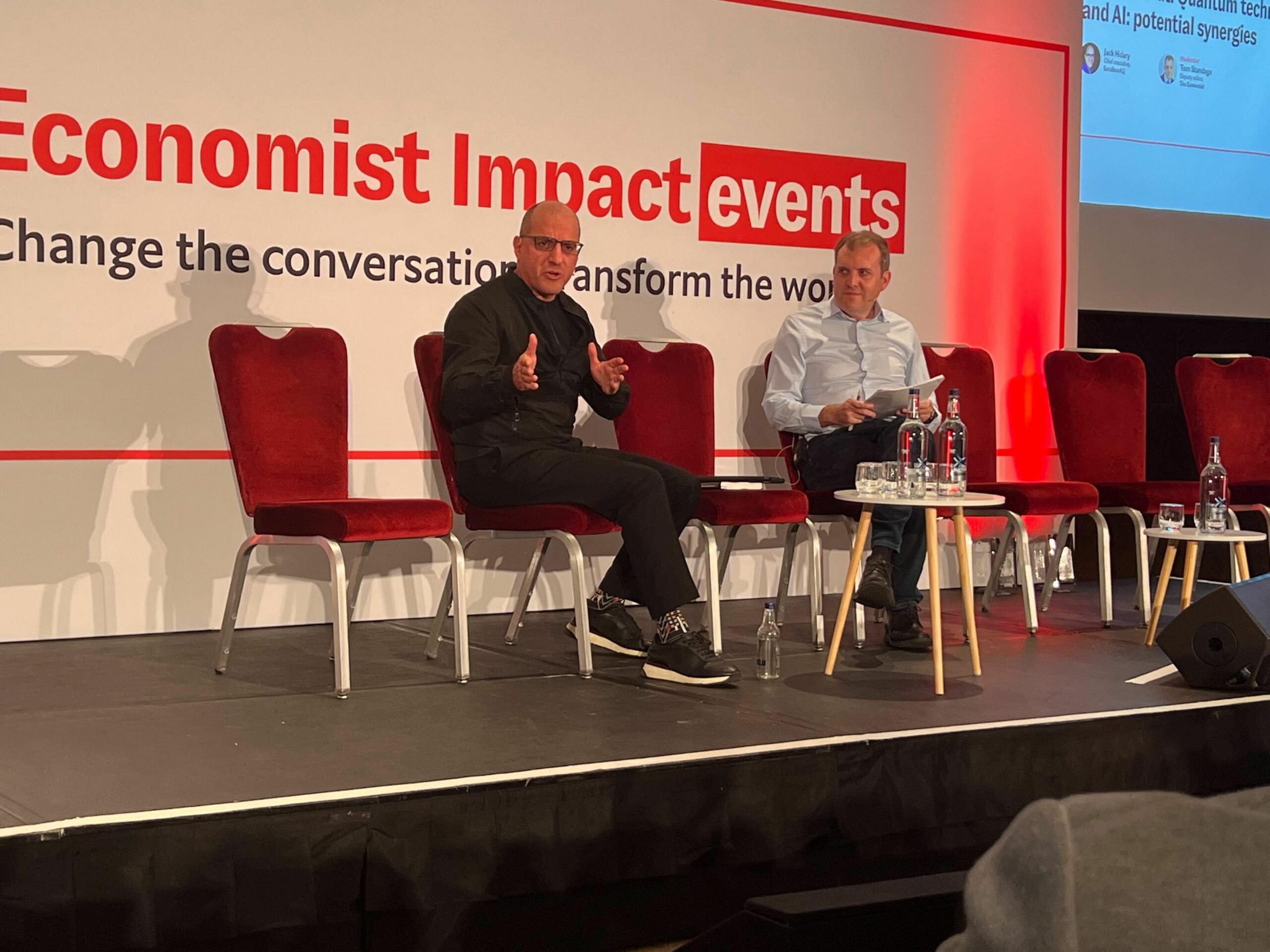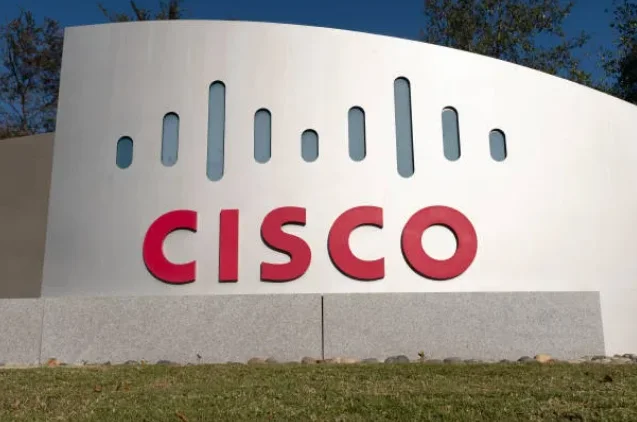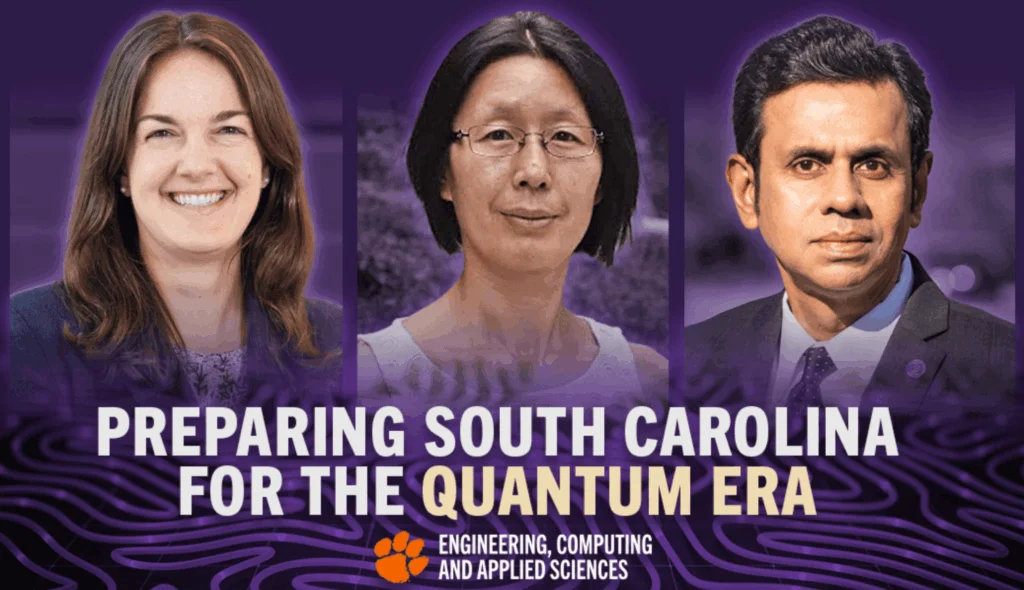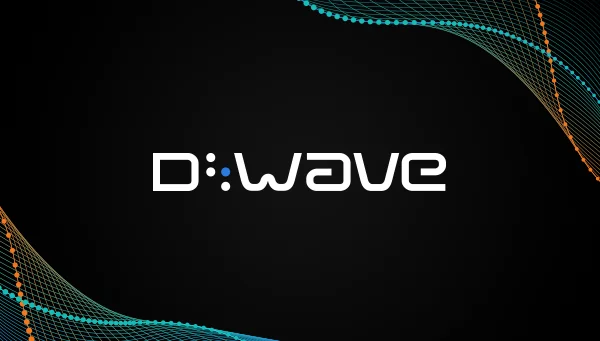 The Three Amigos
The Three Amigos
On the 17th of May 2022, the Economist Impact Commercialising Quantum Computing in-person event took place in London and online for the 18th and 19th May. The Quantum Insider was lucky enough to have three delegates, CEO Alex Challans, Specialist Advisor Mark Bromwell and myself, in attendance.
With a packed agenda full of world-leading quantum experts from industry and academia giving keynote speeches and participating in panel discussions, the three of us took it as a time for networking and learning more about what major industry players are doing to prepare for the quantum future.
To kick off the event, Tom Standage — Deputy editor of The Economist — chatted to renowned technology researcher and entrepreneur, as well as CEO of SandboxAQ, Jack Hidary about Quantum technologies and AI and their potential synergies.
Research Article
Welcoming us to our seats was a copy of Transitioning organizations to post-quantum cryptography, a research article published online in Nature the week before by David Joseph, Rafael Misoczki, Marc Manzano, Joe Tricot, Fernando Dominguez Pinuaga, Olivier Lacombe, Stefan Leichenauer, Phil Venables, Royal Hansen and yours truly, Hidary. The esteemed guest speaker — who once ran for New York Mayor — started the conversation on quantum cryptography. Highlighting the fact industry needs to transition from RSA (Rivest-Shamir-Adleman), an asymmetric encryption technique that uses two different keys as public and private keys to perform the encryption and decryption, to post-RSA, he realizes that after decades of using it, it’s time to store-now, decrypt later, known by its acronym as SNDL.

“We have to move now because of SNDL… Adversaries — as we speak while we’re at this conference — are hacking into servers, exfiltrating RSA encrypted data, storing it on their servers,” said Hidary.
This is a particular pain point for IP-rich targets like pharma companies, whose precious data on “how they made their blockbuster drugs” and all the compounds used in them — or as Standage cleverly pointed out “the compounds that didn’t work” — could be compromised.
It is because of this threat that Hidary is calling western governments to act now, especially from what has been described as some as the “China menace”.
And what is Hidary’s answer? PQC — or post-quantum cryptography.
“The governments of the UK, the US, European countries and about fifty other countries came together about six years ago and said, “let’s get to a standard, let’s get to a PQC and a position where we can transition,” said Hidary.
With twenty billion devices in the world, which include smartphones, laptops and tablets, Hidary believes the hardware can be kept — pointing out this is not the case for the software, however.
Hidary went on to say that SandboxAQ, the company he leads that originated at Alphabet Inc. in 2016 before becoming an independent entity in 2022, has many of the answers to the above problems.
He then shifted his attention to other areas of quantum tech where SandboxAQ has novel solutions, one being the simulation of quantum systems.
Don’t you need a quantum computer to simulate quantum systems? The answer is, we do not
“Don’t you need a quantum computer to simulate quantum systems? The answer is, we do not. It’s fun to have a quantum computer if you can deliver one to us”, said Hidary before defending his company’s stance on not building their own quantum computer: “The reason we decided not to build a quantum computer is because at Sandbox we want to support major efforts around the world that are building these quantum computers.”
Name Dropping
As he was in Old Blighty, Hidary suitably name-dropped some great UK-based startups and university spinoff initiatives building out these quantum machines that are set to dominate our future. In turn, Hidary believes, SandboxAQ can help them get to that finish line.

Key industries, according to Hidary, SandboxAQ claims to have solutions for include drug discovery and the automotive and aerospace industries. On average, he affirmed, it takes ten to fifteen years to get a small molecule from just that to market; while, on the other hand, car and aerospace companies working with these kinds of simulations can model everything rather than putting car and plane model designs through wind tunnels.
“Batteries,” Hidary went on, noteless but animated on stage by this time, “do not follow Moore’s Law, unfortunately — we do not have a doubling of capacity and halving of the cost. In fact, we only get about a four percent increase every year.”
Food for thought, no doubt.
Hidary wants to do for quantum what the Silicon Valley startups did for bits over the last forty years. And judging by his knowledge, enthusiasm and determination, SandboxAQ will get there.
Flipping The Script
Finally, SandboxAQ’s CEO talked about quantum sensing, and how his company can have an impact on that industry, too:
“A quantum device doesn’t compute but senses the world around us. And about twenty-five years ago some brilliant academics said, wait a minute! These qubits, these things that are very hard to put together and to keep coherent, to keep in states of superposition and entanglement […] — let’s flip the script, let’s just open them up to the world…”
Aware that quantum sensors can revolutionize medical prognosis, how we navigate the world around us, as well as other areas where quantum sensing can have a huge impact, it’s clear that Hidary’s vision for the company he heads will be at the forefront of a new and thrilling revolutionary paradigm.
Read Todd Kelsey’s interview with Jack Hidary on behalf of The Quantum Insider here.
If you found this article to be informative, you can explore more current quantum news here, exclusives, interviews, and podcasts.
















